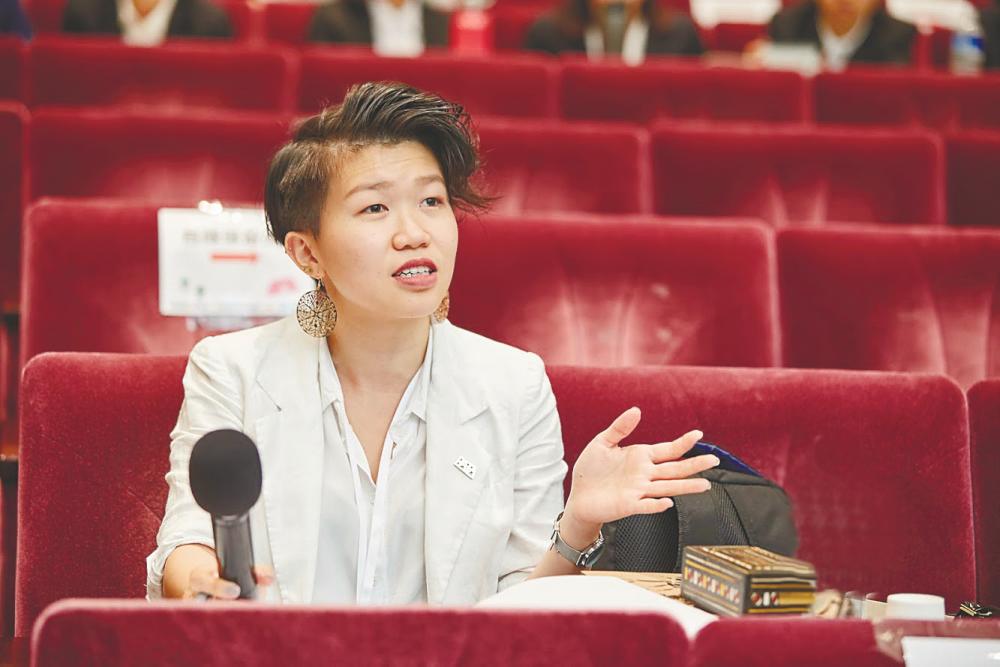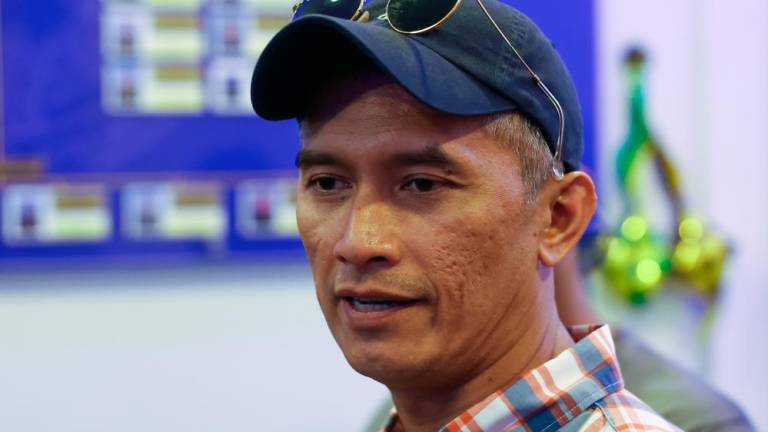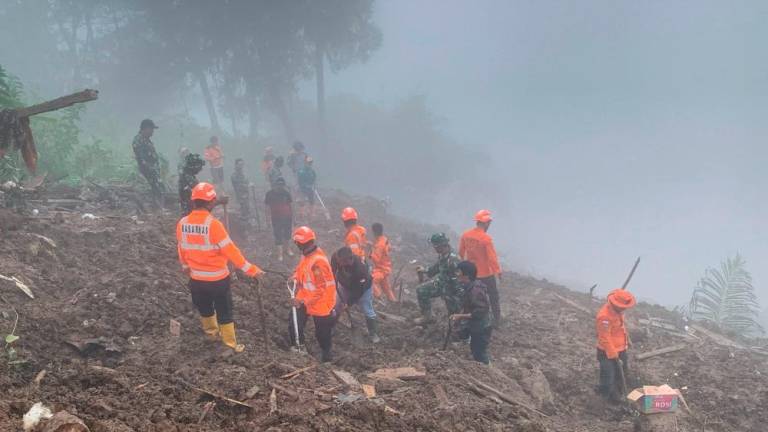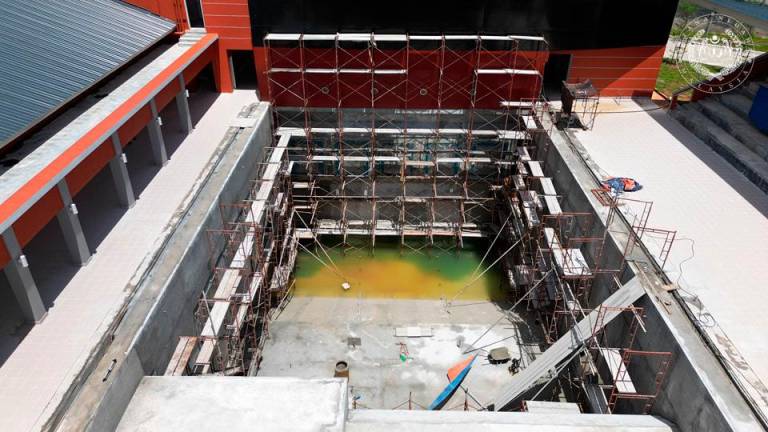THE AMOUNT of food being wasted in many free-flow buffets is a cause for concern. Many have come to realise that food waste exacerbates climate change through the release of potent greenhouse gasses, and the energy used to produce these goods.
In the travel and hospitality industries, buffets serve up an uncomfortable amount of waste – with diners piling their plates high, and leaving most of the food uneaten.
A not-for-profit association, the Pacific Asia Travel Association (Pata), decided to launch an initiative termed Buffet – Building an Understanding For Food Excess in Tourism.
This came about after the issue of food waste was brought to its attention in various internal committee meetings, says Pata Young Tourism Professional (YTP) ambassador J.C. Wong.
Pata, whose aims are for responsible development of travel and tourism in the Asian Pacific region, works by bringing together and educating industry professionals and stakeholders, while advocating for initiatives that drive positive change in the sector, on top of providing thoughtful research.
“Food waste is the third-largest contributor to climate change, and 95% of a restaurant’s general waste could be recycled and composted,” said Wong in a recent email interview.
She added: “Apart from focusing on the industry itself, we also wanted to take this campaign to a grassroots level, while empowering the leaders of tomorrow.”
The YTP Student Membership programme – open to individuals aged 18 to 35 – is a driving force for young professionals in the industry who are looking to make a difference.
Wong, who is currently based in Thailand, believes that young voices can help dictate the evolution of the travel industry by enabling youth with the right knowledge and skills.
For a young professional like herself, living in a foreign country has had its bright side.
“Moving to Thailand gave me more time to focus on myself, exploring what I really want and learning how to move forward personally and professionally,” said the 28-year-old.
Wong was the one who spearheaded the launch of Buffet for Youth Challenge.
She said: “We gathered industry professionals like Winnow and Scholars of Sustenance (SOS) to mentor students and YTPs about the issue of food waste, and how to design, implement, and execute a food waste reduction strategy.”
Case studies and findings were then incorporated into Pata’s Buffet Report, which is available to everyone free of charge.
When asked whether food wastage in the hospitality industry is increasingly obvious to travellers in the region, Wong said it’s hard for people to skip the buffet line since many “see it as a sign of luxury and a therapeutic experience to have an endless supply of varieties and choices”.
“In addition, it is inherent in many Asian and Pacific cultures to be a good host and offer an abundance of food to your guests, which makes the issue of food waste prevention more difficult here.”
That is why education on an industry level is key, said Wong, and the reason why Pata launched its Buffet initiative and Buffet for Youth Challenge.
She noted that “stakeholders are trying their best to educate their customers”, with strategies like “penalty charges for excess food waste”.
You don’t have to be a YTP member to play your part in promoting the idea of sustainable tourism, or by being more conscious of your eating habits while on holiday.
Wong said the often-quoted phrase, ‘I’m only one person, it doesn’t make a difference’, is a familiar excuse.
But she reasoned: “This negative mindset has to be removed, because what if everyone had the same thought and waited for others to stand up and change the world?”
The former Pata intern, who went on to grow its youth division to 5,000 global members in five years, believes everyone truly can make a difference.
“Even simple steps like packing less clothing in your luggage when travelling, purchasing local products, dining at local restaurants and avoiding overcrowded destinations ... are simple things that anyone could do to reduce their impact on the environment and improve surrounding communities, while making their travelling experience unique,” said Wong.













